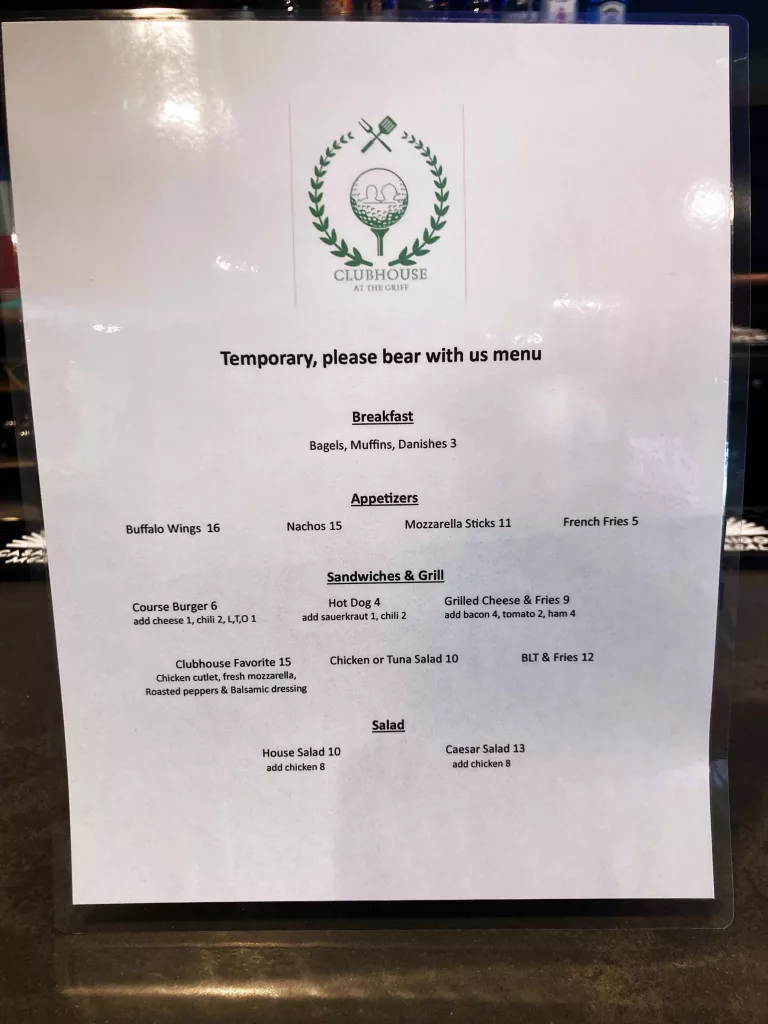
By Drew Williams
Many years ago, when Elena and I were first married, we took a summer vacation to the French Alps, where we hiked and explored the still-snowcapped mountains. I recall being overwhelmed, one evening, by the mountain range that was behind our apartment. Backlit by a fiery sky that looked as if someone had dipped their fingers in gold and then wiped them across the clouds, the mountains were bathed in the pink light of the setting sun. Simultaneously, the dozen or so little churches hidden in the folds of the mountain were all ringing their bells for evening Mass. The sounds echoed across the peaks, and as the chimes crossed each other, there was a cacophony of music that for all the world sounded like singing — possibly the song of angels. I felt within me an involuntary gasp of awe and wonder. I was overwhelmed by the beauty of it all. All I could say, and repeat saying, was the one word, “Beautiful!”
What moment or vision or sound has taken your breath away? What one moment cut through everything else around you? Perhaps for you it was the elegance of a solution to a difficult problem, a beautiful piece of software coding, a piece of music, a glance from someone you love dearly. Why do I draw your attention to such beauty? Because I believe that there is something going on here that points us to the true nature of worship.
Yes, without doubt, the mountain range, the symphony, the feel of our child’s hand in ours — in all these things we see something of the handiwork of our creator God. But more than this, our ordinary experiences of beauty provide us a starting point from which we recognize what it is to be overwhelmed by the extraordinary beauty of God Himself.
The involuntary gasp of awe and wonder that we make when we behold his handiwork is powerful, but it is nothing compared to the involuntary exclamation, the cry of everything within us — our body, soul, and spirit — when we behold not just his creation but His living presence.
The word “worship” literally means “worth-ship”: to accord worth, true value to something; to recognize and revere it for the true worth that it has. So, our worship is inextricably tied to who we believe God to be. If we imagine God to be distant, disinterested and detached from the reality of our earthly existence, then our worship will be the equivalent of nobly doffing our cap to a passing member of the Royal Family. N.T. Wright wrote, “If your idea of God, if your idea of the salvation offered in Christ, is vague or remote, your idea of worship will be fuzzy . . . The closer you get to the truth, the clearer becomes the beauty and the more you will find worship welling up within you.”
In a very supernatural way, this is exactly what happens to the Old Testament prophet Isaiah. Isaiah beholds the living presence of God, and in his vision we can begin to understand who worship is for — and the object of Isaiah’s worship is beautiful. To begin with, we are told, “In the year that King Uzziah died I saw the Lord . . .” (Isaiah 6:1a). In other words, whilst King Uzziah (who was a good king) is very much deceased, God lives on. The psalmist tells us, “From everlasting to everlasting, thou art God.” (Psalm 90:2b). Isaiah encounters the living God. God always has been and always will be alive.
Isaiah continues, “I saw the Lord sitting upon a throne.” Notice God’s posture: He sits. And He sits on the throne. Heaven is not falling apart, and He is in control.
Isaiah adds, “I saw the Lord sitting upon a throne, high and lifted up.” The throne of His authority is not one among many. It is high and lifted up. No other authority can stop God’s will. God Is omnipotent — He has infinite, unlimited power and authority. In the book of Daniel, we are told, “He does according to His will among the host of heaven and among the inhabitants of the earth; and none can stay His hand . . .” (Daniel 4:35).
Isaiah 6:1 concludes, “the train of His robe filled the temple.” This is a descriptive picture of God’s splendor and beauty. The fullness of God’s splendor shows itself in creation. A few years ago, I was invited to go kayaking by moonlight. As my oars broke the black water, spectacularly weird and beautiful luminescent algae glowed from depths. I am sure there is good science here, but it strikes me that luminescent plant life, by design, is perhaps a bit over the top? In the splendor of God, however, His unequalled creativeness spills over into what we might describe as excessive beauty.
Isaiah continues in verse 2, “Above [God] stood the seraphim. Each had six wings: with two he covered his face, and with two he covered his feet, and with two he flew.” This is the only time that seraphim are expressly named in the Bible. These are not chubby-cheeked babies with fluffy wings fluttering about the Lord’s ears like overgrown butterflies. Isaiah records that when one of them speaks, the foundations of the temple shake. It is suggested that we would do better to think of the Blue Angels diving in formation before the White House, breaking the sound barrier as they make their airborne salute.
And the seraphim are not silent: “And one called to another and said: ‘Holy, holy, holy is the Lord of hosts . . .’” There are never enough words to adequately carry the fullness of God. The root meaning of “holy” is “to be set apart from.” In this way, God is utterly unique. He is incomparable. “There is none holy like the Lord: for there is none besides you; there is no rock like our God.” (1 Samuel 2:2). In the word “holy” we come to the end of any verbal attempt to articulate what we find in God, and we have no choice but to fall silent in wonder and awe.
And, Isaiah tells us, God is glorious. Indeed, “. . . the whole earth is full of His glory!” The glory of God is the display of his holiness. In Leviticus 10:3, God says, “I will show myself holy among those who are near me, and before all the people I will be glorified.” God’s glory is God’s holiness displayed.
Isaiah is enabling us to stand with him and glimpse this reality: that to encounter the presence of the living God is to behold the beauty of His holiness — and in ways that radically exceed the most glorious sunset. Such an encounter will always provoke in us a response of worship that causes us to initially forget ourselves; we find that we do not keep looking at our watch or checking our phone, and neither do we worry about what the person sitting next to us thinks. To worship God in the beauty of His holiness means having no need of putting on a show or hyping oneself up; it can never be forced, and it can never be halfhearted.
To behold God’s living presence will always be to provoke in us an outpouring of worship that figuratively or perhaps even literally brings us to our knees, where we can scarcely catch our breath, or hold back our tears, or find the right language as we are utterly transfixed by the perfect beauty of our God.
Drew Williams is Senior Pastor of Trinity Church. Visit trinitychurch.life




